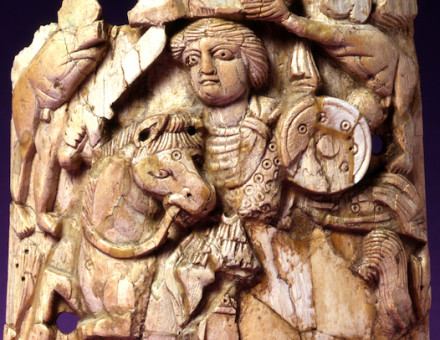Cola Di Rienzi
Stewart Perowne describes how, in the fourteenth century ‘the last of the Roman tribunes’, but one of the first of political liberators.
When Tibullus, the Augustan poet, dubbed Rome, almost casually, ‘the Eternal City’, he could not have foreseen how arduously the title would be won. Many cities have flourished, have had their day and ceased to be, are one with Nineveh and Tyre. Others, Athens and Jerusalem among them, have enjoyed one supreme epoch of glory and authority and have lived to enjoy the homage of later ages.
But Rome is unique. Only Rome has been beaten to her knees again and again, and has always arisen, not as the old renewed, but as the new inspired by the old. Juvenal complained that the Orontes had long since flowed into the Tiber; but, since his day, the Tiber has flowed into every river in the world.
In the year 1084, while England was still ruled by William the Norman, Robert Guiscard, a ruler of the southern, Sicilian, Norman dynasty which Lord Norwich has so brilliantly brought to life, descended on Rome, burned it, wrecked it and sacked it. So thoroughly, in fact, that it seemed that Rome was dead at last.





